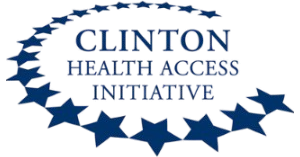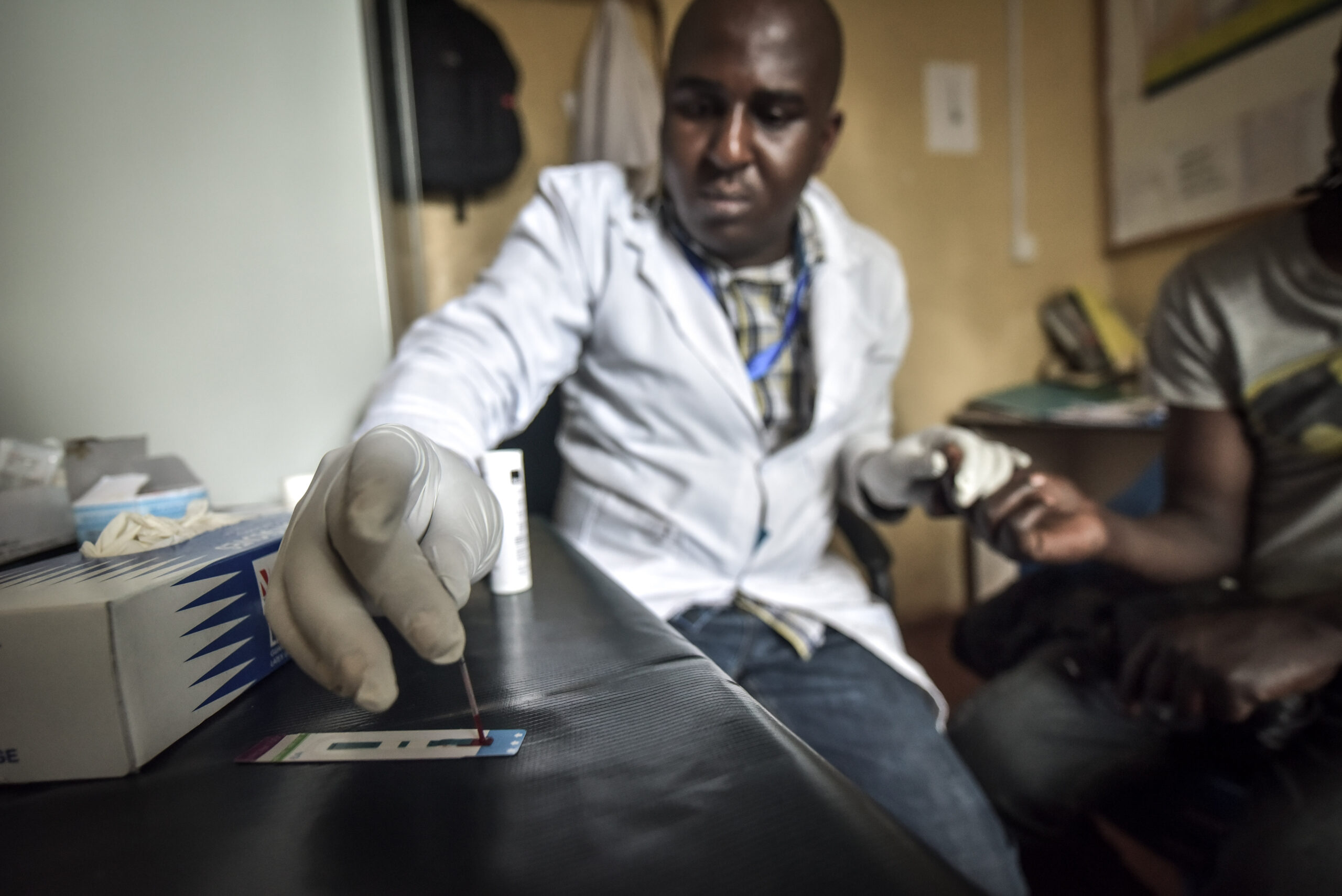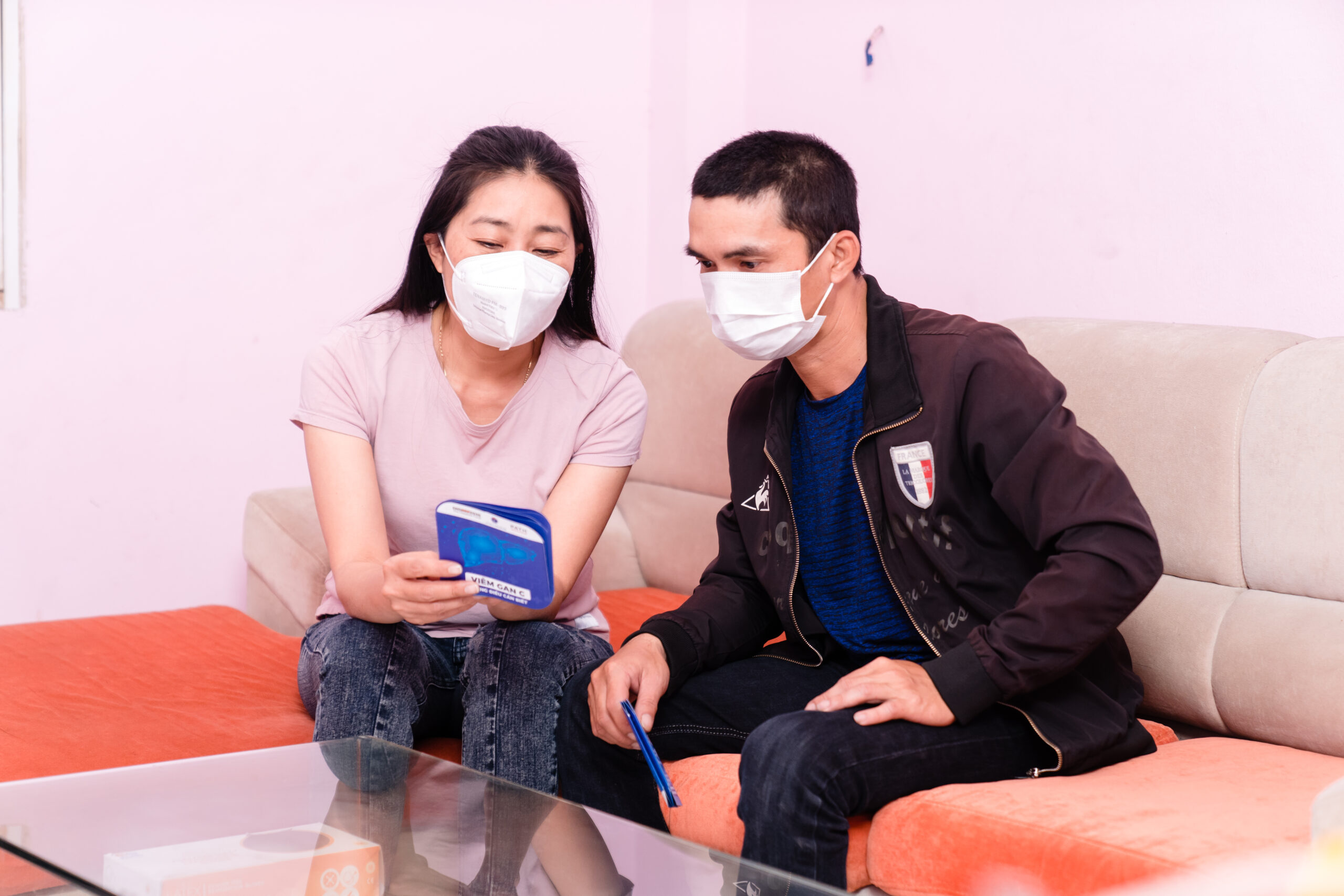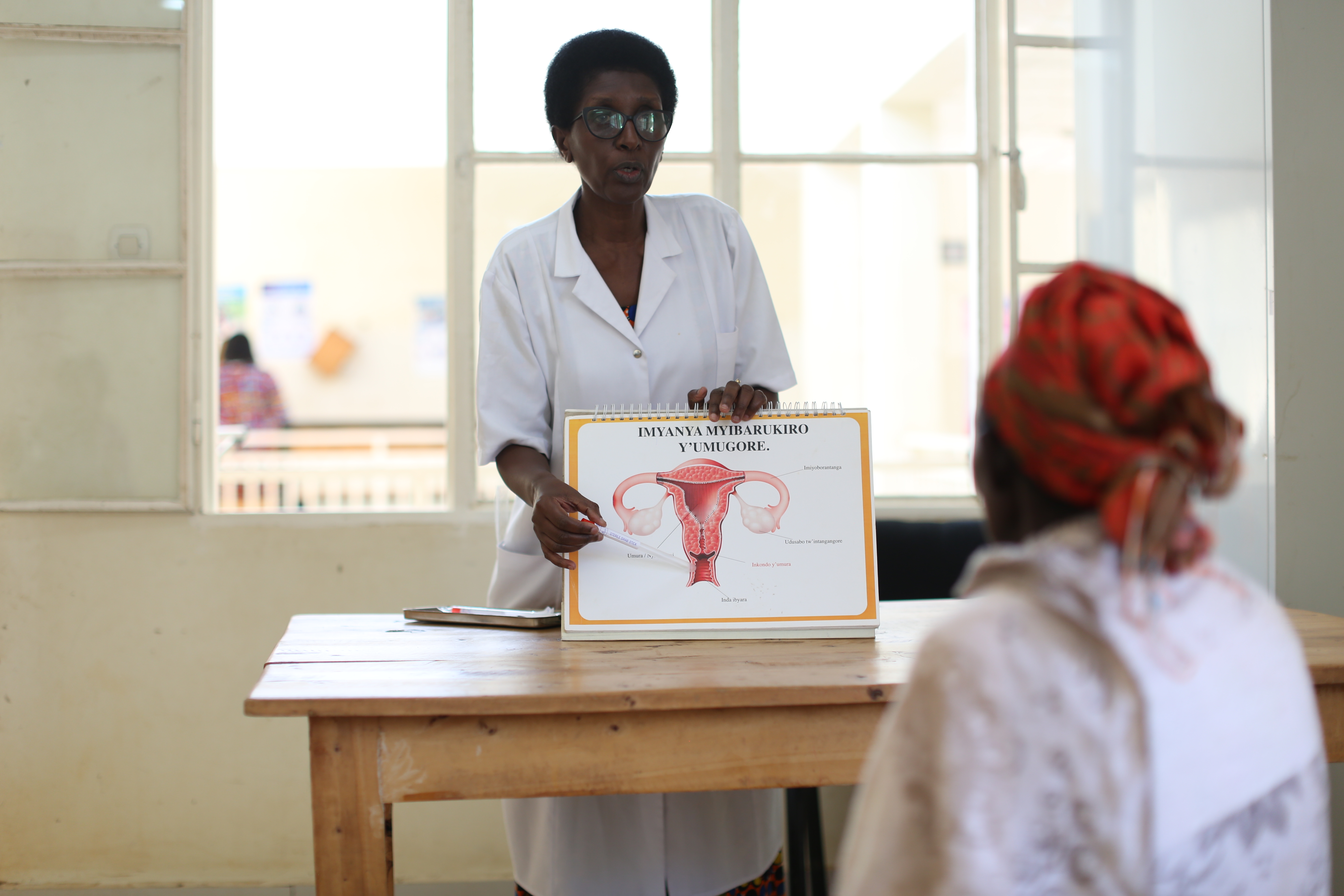The problem
Second-line antiretrovirals (ARVs) are used when people living with HIV experience side effects or develop resistance to first-line HIV treatments. In 2007, resistance to first-line treatment was growing and second-line treatments were essential but the market for those drugs was underdeveloped and characterized by low access.





